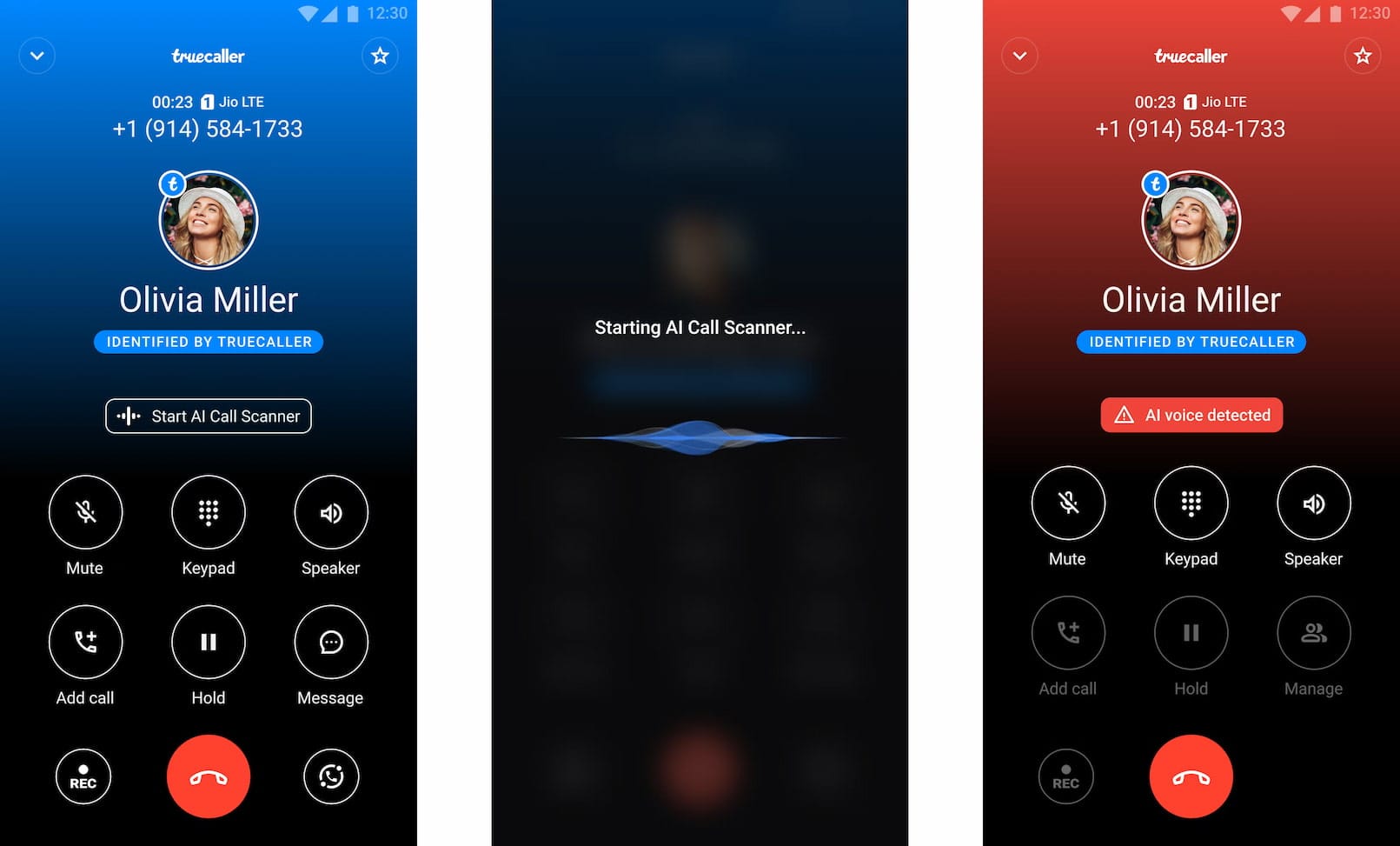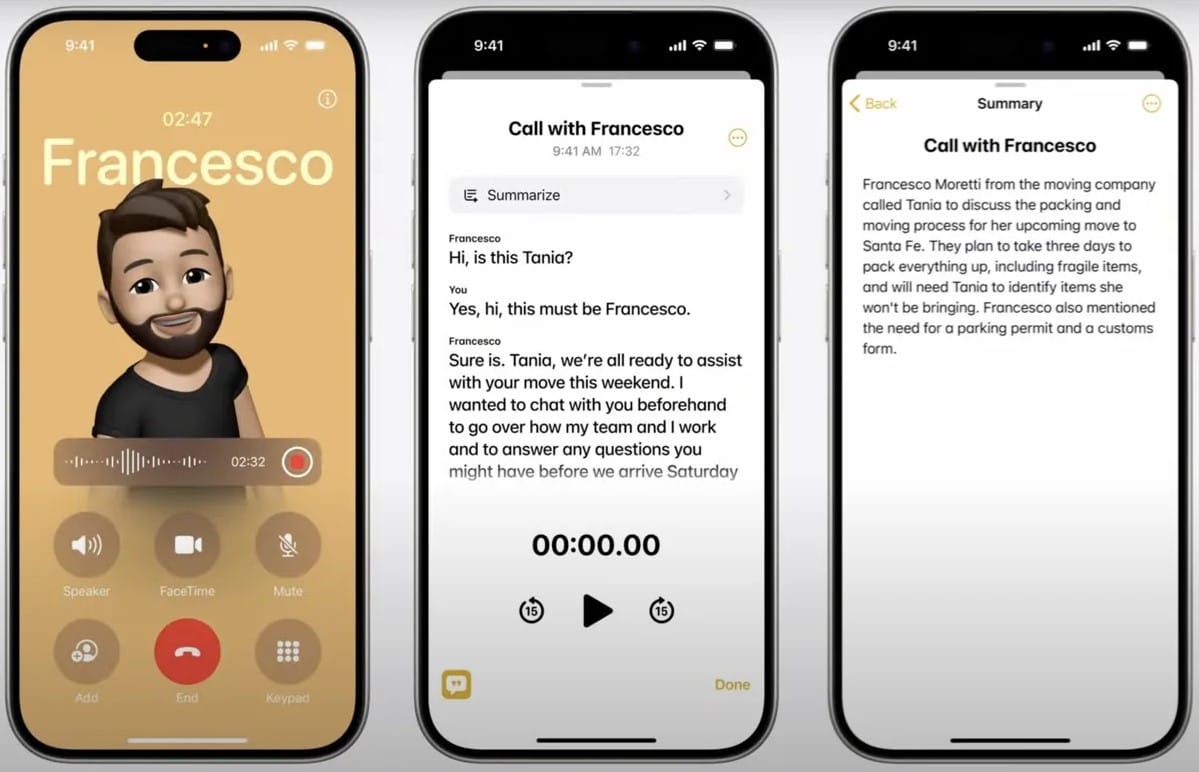
📞 Phone scams could become harder to pull off
If I were a criminal, I would focus on scams using AI. This is a real AI problem, unlike the fantasies about the end of humanity. But as often is the case, the solution can be found in the very technology that contributes to the problem.
Share this story!
If I were a criminal, I would focus on scams using AI. While it's becoming easier to generate images, videos, audio, and text for good purposes, it's also getting easier for bad purposes. Such as cloning voices and writing convincing texts to swindle someone out of money.
This is a real AI problem, unlike the fantasies about the end of humanity. But as often is the case, the solution lies in the same technology.
Two recent developments make me believe that AI will be effective in combating scams.
The first is Truecaller releasing a service that can determine if the call you receive is a human voice or an AI-cloned voice. For instance, it's possible to record a family member's voice from a clip on social media, clone it, and use it to call you. But Truecaller can detect if the voice is synthetic.

The second thing is that iPhones will be able to record, transcribe, and summarize calls. It's a small step from there to also identifying cloned voices and analyzing the conversation to detect suspicious fraud.
It doesn't have to be an AI making the call or a cloned voice, it can be a real person with a typical phone scam. When the iPhone's AI hears that the conversation is about transferring money or matches the type of conversation scammers have, it can alert you. It could even trigger a few minutes' delay in the ability to transfer funds. This is quite extreme, but if you're worried about an elderly parent, you could have this service on their phone.
Apple hasn't said that this anti-scam function will be included, but I think there's a good chance it will appear.

Not just phone calls
The same method can be used to detect scams in text. In email, we've long had protection in the form of spam detection and filtering. Now it can get better and not just in email.
If you get a message on messenger from someone claiming to be your daughter, an AI, just as with a phone call, can detect suspicious activity and warn you.
iPhone's
Like all technical solutions, this relies on being used. The user must actively turn on the function. Perhaps in Apple's case, it could become part of their standard, but since many won't be comfortable with an AI listening to the conversation, it will likely be something you have to turn on yourself.
The AI that makes the detection can probably do the job directly on your phone, which means your private calls and messages don't need to be uploaded anywhere else. Hopefully, Apple and others can push it in a way that many people use the service. With widespread use, it would significantly hinder scammers and help reduce the problem.
Mathias Sundin
The Angry Optimist
By becoming a premium supporter, you help in the creation and sharing of fact-based optimistic news all over the world.


